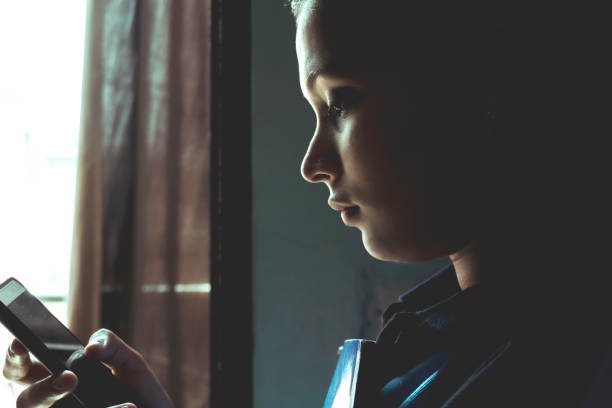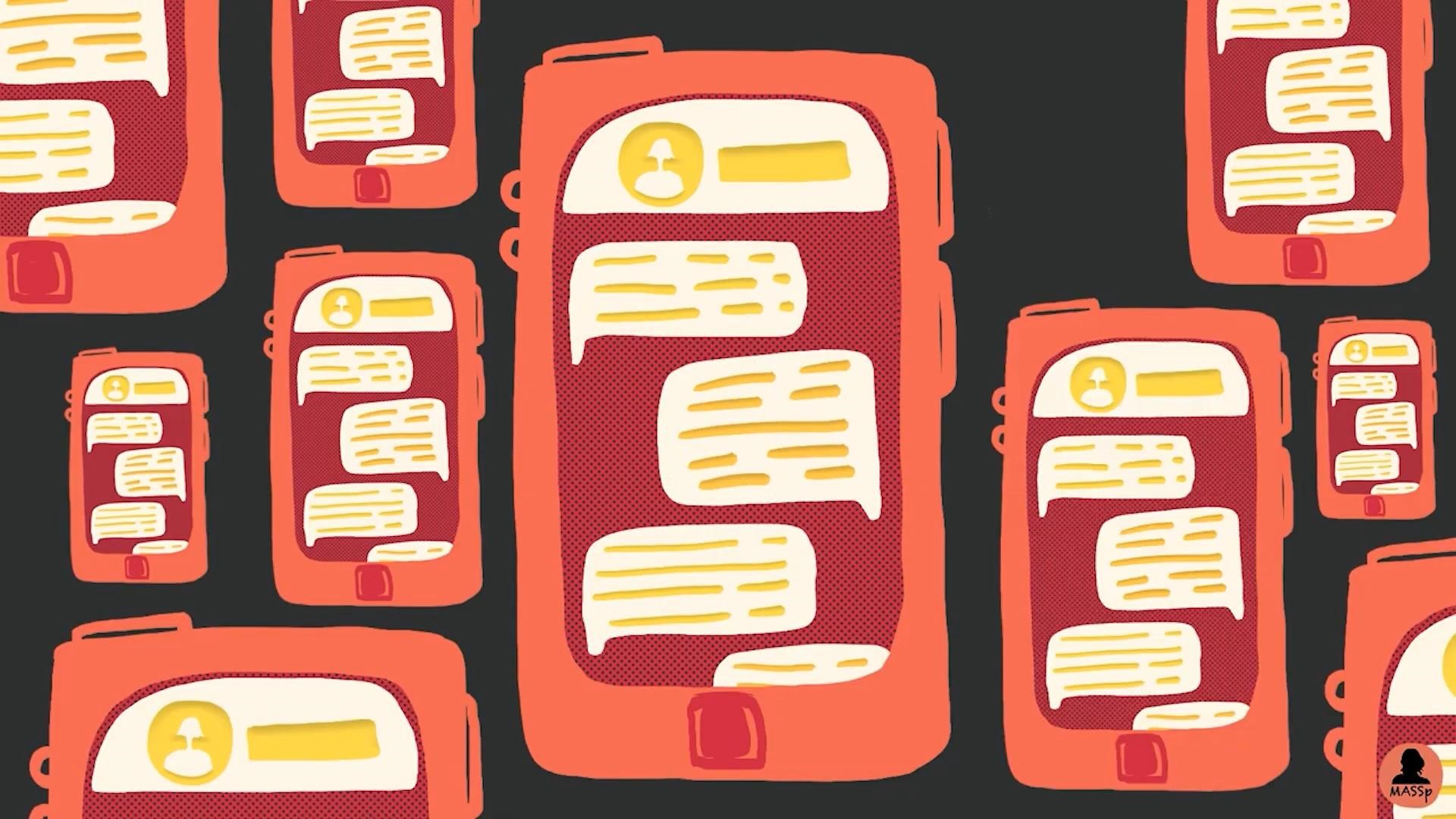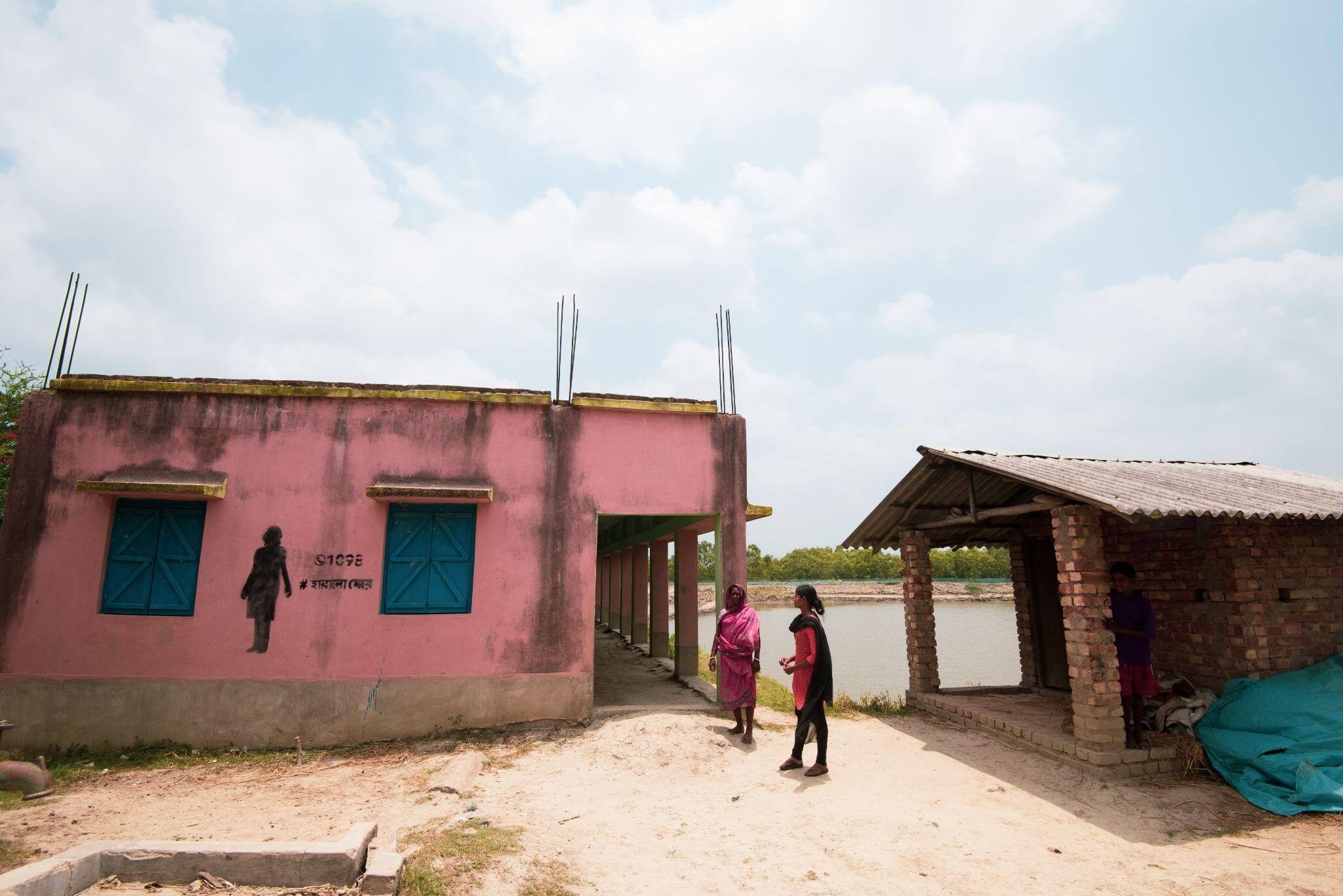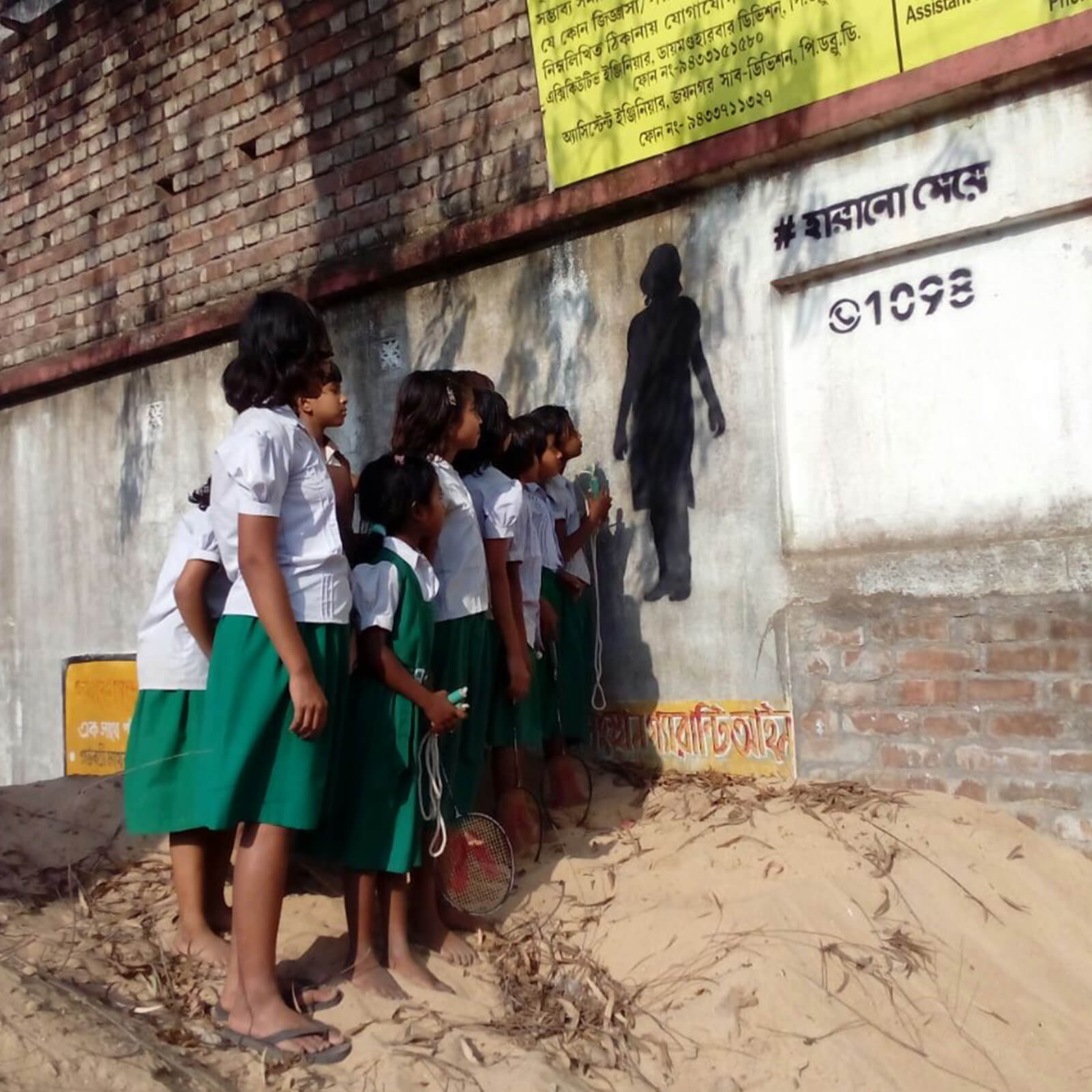Addressing The Mental Health Concerns Of Adolescents Within The Anti-trafficking Space
- Published: November 9, 2022
- Category: Child Sexual Abuse Material (CSAM)

Sexuality is an important identity marker and the journey of exploring ourselves sexual beings typically starts with the onset of adolescence. This developmental phase is especially characterized by physical, emotional and hormonal changes. These changes can often be stressful and confusing. When it comes to safely exploring sexuality and their own bodies, adolescents in India often find themselves in a difficult position. With inadequate sex education programs and lack of authentic sources to clarify their doubts, teenagers and young adults often turn to the internet.
The wide array of information can be incredibly misleading as well as steer young people into the traps of trafficking. Children can be easily groomed, lured, and solicited into sexual activities in cyberspace in order to make money. Commercial sexual exploitation of children finds a fertile ground through online platforms where they find access to a child for sexual purposes which leads to the trafficker benefiting monetarily. Such forms of exploitation can be prolonged due to generation of blackmail material or sextortion. The online platforms are used by traffickers in a way that leads confused adolescents to unwittingly self-generate child sexual abuse material (CSAM).
In this myriad of self- actualization and increased threats to sexuality, it is of vital importance that the mental health of adolescents is acutely guarded. This is especially true in the case of India, where every fifth person is an adolescent. Especially in post-pandemic times, where a lot of our educational infrastructure is dependent on adolescents spending time online, it becomes difficult to restrict access to cyberspace. Vigilance and awareness are mandatory in such spaces, but equally important is the psychological intervention and rehabilitation in case something untoward happens.

SEXUAL ABUSE AND MENTAL HEALTH IMPACTS
The re-integration of victims/survivors is a long process that requires multiple resources. Immediate legal action to bring the perpetrators to justice is a must – this involves significant economic and infrastructure support from the government’s welfare schemes. While it is very important to focus on these areas, a complete rehabilitation of the survivors will not be possible without addressing the psychological harm that has occurred to the individual.
According to research published in the Journal of Adolescent Health, 1 in 9 girls and 1 in 53 boys under the age of 18 will have experienced sexual abuse or sexual assault. Childhood sexual trauma can have a significant effect on mental health, brain health, and cognitive function as the emotional suffering endures long after the abuse has stopped. 20% to 40% of people with psychiatric illnesses have a history of sexual abuse as children, according to the research published in the Journal of Psychology. Mental health illnesses in adults like anxiety, depression, eating disorders, panic attacks, substance abuse, schizophrenia, dissociative identity disorder, antisocial personality disorder, sleep disorders, self-harm, and suicidal behavior are all linked to having experienced sexual abuse as a child. According to studies that specifically focus on those who have been victims of human trafficking, they may display symptoms of anxiety, emotional numbness, memory loss, and sadness.
Young women at the follow up portion of the research published by Lancet on impact of sexual abuse had higher levels of general psychological distress than they had six months prior to the assault. Within the first six weeks following an assault, young women experienced unusually high levels of depressed, anxiety, and post-traumatic stress symptoms. STI rates among women were greater than anticipated. These results highlight the dual disadvantage faced by young women who experience sexual assault. Due to their susceptibility, they are more likely to experience an initial assault, with one in 12 becoming victims again within 4-5 months.
In addition to the actual experience, the exclusion and alienation a trafficked person can feel when they return to their home, can cause more emotional stress. The reduced possibility of finding opportunities of employment and social support networks add to this vulnerability.
WHAT CAN BE DONE?
The most encouraging finding that research on mental health impact of sexual abuse on children has produced is that interventions and therapies can be beneficial. Early detection of sexual abuse and prompt treatment can prevent structural brain abnormalities and psychological problems. However, it’s important to understand that it is never too late to get treatment for abuse that happened when you were a child.
Providing mental health care to a trafficked person is more complex and challenging than other forms of psychological support. People who have been trafficked may be reluctant to talk about their experiences because they fear for their safety or the safety of their family members, they fear being arrested or deported, or they feel ashamed or guilty. Others could have trouble remembering and retelling their experiences since trauma can make it difficult to remember specifics and the order of events. It may be necessary for mental health practitioners to deliver crisis care with limited previous knowledge and to face the possibility that patients won’t want or be able to return for follow-up treatment. Regardless, professionals should be prepared to explain the choices available to them.
When the U.S. Advisory Council on Human Trafficking released its initial report with recommendations, they emphasised the significance of offering all-encompassing and comprehensive programmes to support rehabilitation. The survivors who were consulted by the council suggested balancing physical safety and health with psychological and emotional well-being. Other suggestions made by survivors included the need for services to be more trauma-informed and tailored to the particular requirements of the impacted group. According to studies, victims of human trafficking frequently struggle to build a relationship of trust with their providers because of their history of abuse and betrayal. Individual-centred and culturally appropriate trauma-informed mental health care should be available so that patients have the agency to make decisions that are optimal for their rehabilitation.
There aren’t many resources available in India for kids involved in cybercrimes, and those that do tend to have a narrow scope and inconsistent levels of support. Only urban regions currently possess facilities and professional capacities for counselling and rehabilitation, leaving vast areas of the country unattended. Even in large cities like Delhi, Mumbai, Bangalore, and Chennai where specialist mental health professionals are available for individual counselling, they are only able to assist a small percentage of urban adolescents who can afford to commercial counselling services.
Few civil society organisations have, however took up the responsibility of paying attention to mental health concerns. Missing Link Trust offers counselling to vulnerable youth. Aarambh India Initiative (Mumbai) and Tulir (Chennai), are examples of other NGOs, that seek to prevent child sexual abuse by raising awareness of the problem and providing a range of support services to those affected. However, isolated efforts by individual NGOs cannot bridge the gap between the number of adolescents in need of such help and the accessibility to these resources. A systematic plan that incorporates multiple stakeholders – like the government, NGOs, mental health professionals and child protection frameworks- are essential to address the psychological costs that trafficking creates in our society.

Trafficking And Its Economic Costs – To The Society, The State And The Individual

Addressing The Mental Health Concerns Of Adolescents Within The Anti-trafficking Space
